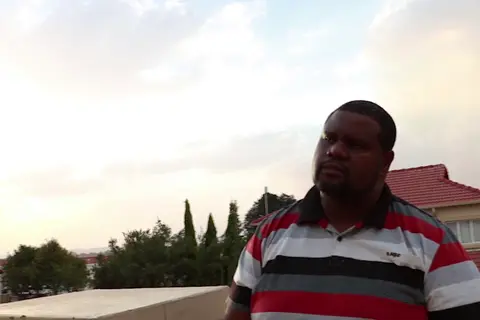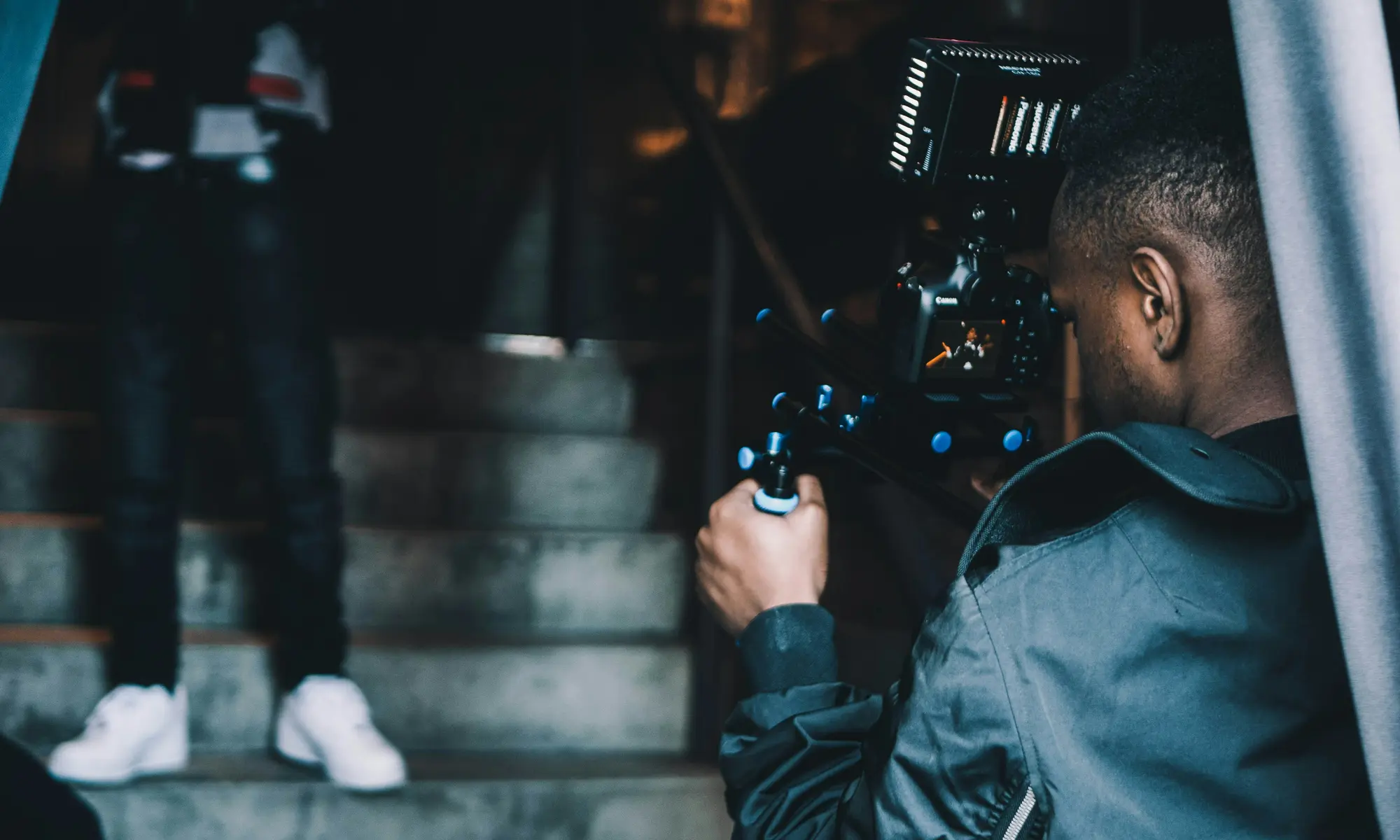Being an outsider
Written , Xenophobia“I grew up black in a predominantly white suburb on a road where my family and the neighbours were the only black families. Despite this we grew up without feeling any racial tension and the school we attended was a mix of all races.
In primary school my best friend was a white boy named Dale, and from the time we were young we would spend time at each other’s houses and often had sleepovers – race was not an issue for the first decade of my life. When we moved to high school, he and I parted ways and I went to a predominantly black high school.
High school
In a class of over 40, I was the only boy from the suburbs and that began my time of always being an outsider. Since I had grown up in a white suburb, English was the language I spoke the most and I was not very fluent in Ndebele (what they call my mother tongue). I was assigned the label of msaladi (the equivalent of “coconut” in SA, literally because they say guys from the suburbs would eat “salads” at parties)
As the “salad” guy it was natural that I was able to befriend the few white students from my neighbourhood who went to the same high school. When we were in our third year of high school, a white friend and I went to his girlfriend’s house to hang out. We were dropped off by my friend’s mom and all seemed well until at school the following morning my friend told me that his girlfriend’s mother said she did not want any black people at her house.
Up until then racism was something that I had only heard about, but that time it became real. Amazingly, I was relatively unmoved. Having been raised in a family where my brother was married to a white woman and knowing that there were good white people in my life countered the one bad experience I had had.
Being an outsider
In 2008, I was scheduled to arrive in South Africa to study. We were excited until one evening we watched the South African news and xenophobic attacks were reported to have flared up. Immediately my travel was put on hold as we monitored the situation closely for a month till we were assured the situation was “safe” again.
When I eventually did travel to SA, the image of a burning Ernesto Nhamuave always stayed in the back of my mind. That image has resulted in my opting to rather blend in and keep my head down. Initially, few knew where I was from and it was never because I was embarrassed about it but because I feared for my safety.
Being a foreigner in South Africa during 2009 was a lesson in what segregation laws were like but it also created a serious mistrust of various officials. Everywhere I went I had to carry my passport because police would routinely stop me and ask for identification. A certified copy was also never enough and on several occasions I was bundled into a police van, taken to the police station and only released after paying a “release fee”.
It was also not unusual to get a call from a friend, family member or someone saying they had been picked up for not having their passport, or someone whose friend had been taken into police custody and needed money to help get them out.
More recently
In 2013 a taxi driver was dragged behind a police van and the same taxi driver (Mido Macia, a foreign national) was found dead in police cells. In 2015 xenophobic violence again reared its head and while I never saw the violence myself, I am constantly reminded that few things separate me and the victims of these tragedies.
Daily I live with the thought that I, too, may find myself in the wrong place at the wrong time, guilty of being a foreigner. As a result I prefer to avoid certain places and unnecessary interactions.
I was in a taxi that was playing music from my country. Even though I was extremely excited to hear it and wanted to talk about the artist with others in the taxi, the images of Ernesto, Mido and others like them are forever etched in my mind, reminding me that not everyone will embrace the diversity we boast about in South Africa.
Despite all that, this is still where I have built a life, positively contributed to communities and found love. It is the place I call home.
Featured






